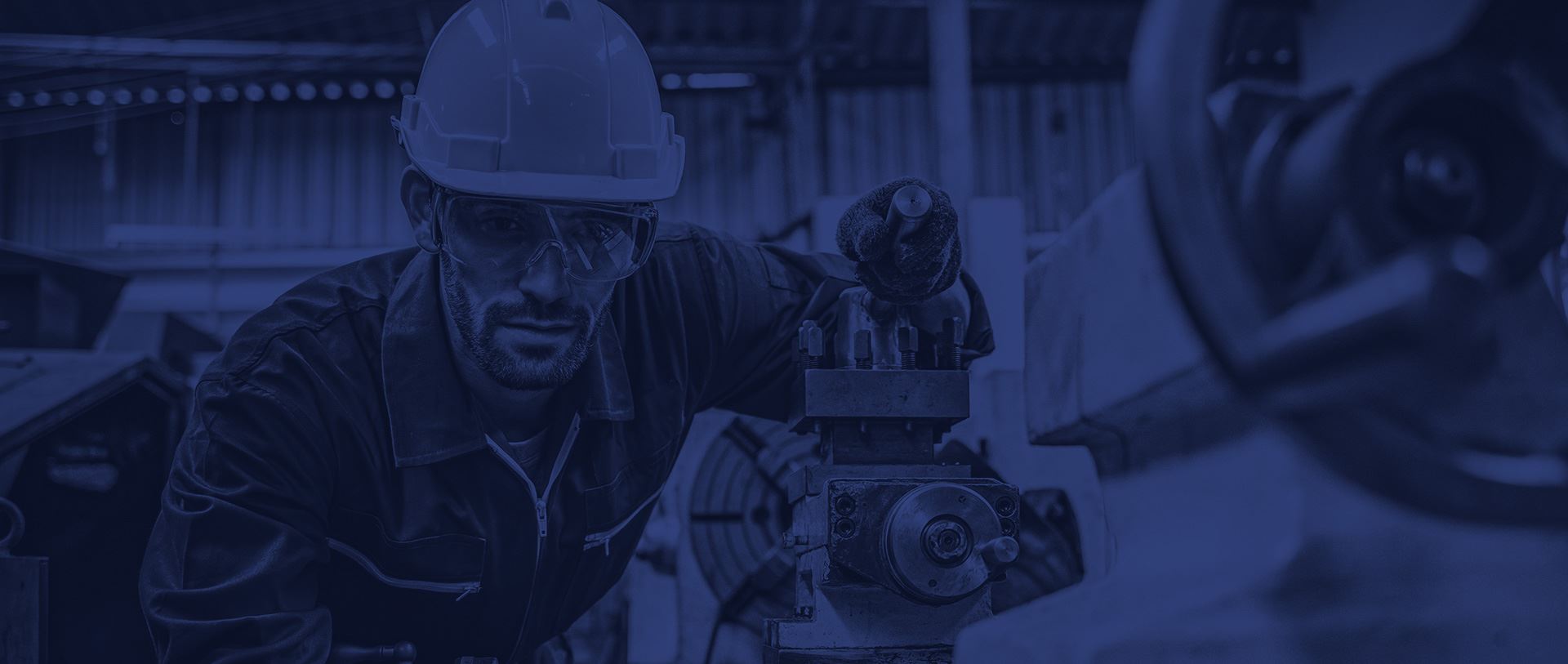Fremont Workers' Compensation Hearing Attorneys
Expert Legal Assistance for WCAB Hearings in Alameda County
When you're facing a workers' compensation case denial or appeal in Oakland, you need a team that understands the intricacies of the California Workers' Compensation Appeals Board (WCAB) hearings. Pacific Workers', The Lawyers for Injured Workers, is here to provide that expert guidance. Our Fremon attorneys are dedicated to representing you and securing the workers' comp benefits you rightfully deserve.
For personalized legal support in Oakland, reach out to us at (888) 740-6434 to discuss your workers' comp hearing needs.
Navigating Oakland Workers' Comp Hearings
A denied workers' compensation claim in Fremont can be a significant setback, but our local team is ready to help you understand and take the necessary steps to challenge the decision. Even with a seemingly valid denial, there may be options to overturn it through a hearing. With Pacific Workers' by your side, you'll be equipped to face the hearing with confidence, aiming for a favorable resolution.
Our Fremont legal team is here to assist you through every phase of a WCAB hearing, including:
- Settlement Negotiation: An early chance to resolve your case with the assistance of a skilled workers' compensation lawyer.
- Pre-Hearing Conference: A forum where both sides present their case to a judge, who will decide whether to move forward to a hearing, offer a compromise, or dismiss the case.
- Formal Hearing: A comprehensive proceeding where evidence and testimony are presented, similar to a court trial but outside the realm of traditional litigation.
- Appeals Review: An additional step to contest the hearing's outcome, though this is an infrequent occurrence.
Key Elements of an Oakland WCAB Hearing
At your WCAB hearing, we will present a robust array of evidence to support your claim for benefits or a fair settlement. From medical documentation to eyewitness accounts and safety inspection reports, we will meticulously prepare your case. Our goal is to ensure you are ready for every aspect of the hearing, which typically involves:
- Evidence Submission: The strength of your case will largely depend on the evidence and arguments presented. Our team will be thoroughly prepared to advocate on your behalf.
- Professional Conduct: The hearing requires a level of professionalism, including appropriate attire, as if you were appearing in a formal courtroom setting.
- Judicial Decision: The hearing concludes with the WCJ issuing a ruling, which can vary in form and may be favorable or unfavorable to your case.
Get Ready for Your Hearing – Contact Us Today
Dealing with a WCAB hearing in Alameda County doesn't have to be an overwhelming burden. Let Pacific Workers' handle the complex aspects of your case. Time is of the essence following a claim denial, so don't delay.
Call (888) 740-6434 today to schedule your free initial consultation and take the first step toward securing your workers' compensation benefits.

We have Helped OVER 8,000 CLIENTS aND WE CAN HELP YOU TOO!
-
Thank you for being so kind and completely sympathetic to my case!
“I started my fight against my company's workers comp and after talking to Almarie for the first time I already felt a lot of weight off my shoulders. It feels nice to have someone fighting for your rights but also keeping you in check for your own good.”
Jazzie D. Daly City, CA -
They took care of me!
“Bilal worked on my case and he was very professional, friendly, and kind to me. I was so nervous about my deposition and he made me feel very comfortable and less stressed about the whole situation.”
Gabi O. Sacramento, CA -
The most down to earth team I have ever met!
“They have strong communication and I was respected throughout the whole process. They had never given up on me!”
Nekealla C. Tracy, CA -
I'm forever grateful & thankful to all!
“I especially want to thank Mr. Jason Insdorf, who worked in attaining a settlement I never expected.”
L.S. Union City, CA
Proudly Serving Northern California

Workers' Comp FAQ
-
Am I Eligible for Workers’ Compensation?
In California, all employees are eligible for workers’ compensation with very few exceptions. If you are classified as an “employee” (rather than an “independent contractor”), you are eligible to receive benefits. This is true regardless of how many employees your employer has, how many hours you work, how much you make, whether you work part-time or full-time, or whether you are a seasonal worker. Additionally, undocumented workers are also eligible for workers’ compensation granted they meet all other eligibility requirements. In contrast, independent contractors and certain other workers, including some volunteers, household workers who are employed by a family member, and others, are not able to file for workers’ compensation benefits.
-
Can't I Just File for Workers' Compensation on My Own?
Filing for workers' compensation on your own increases the chances that your claim will be denied. One small misstep can prevent you from obtaining the compensation you need for your injuries. In addition, the process is usually complex and tedious, especially for someone with no workers' compensation law experience. It is extremely advantageous that you seek reliable and experienced legal guidance for your claim.
-
What Can I Expect from the Workers' Compensation Process?
As soon as you reach out to us for help, we will assign you a full-time case manager and attorney. An application will be filed with the Workers' Compensation Appeals Board (WCAB) on your behalf. We will get started on your case immediately to help you receive the medical care you need. If we are unable to receive a fair settlement from the insurance company, we are ready and willing to take your case to trial. After a few months, you will most likely give a deposition. One of our highly experienced attorneys will prepare you and stand at your side the entire time. You don't even have to attend court hearings! One of our trained hearing officers or attorneys can attend on your behalf.
-
Can My Employer Tell Me to Use Sick Time or Vacation/Personal Time off (PTO) If I’m Injured at Work?
Following a work-related injury, you may not receive workers’ compensation benefits right away or your workers’ compensation claim may be denied. You may receive a note from your doctor that you may take time off work due to your injuries, but how will you be paid if you are not actively seeking workers’ compensation benefits? Your employer may tell you to use your state-mandated/employer-provided sick time in order to continue being paid while you are out of work. Once this sick time is exhausted, your employer may tell you that the only way you can continue to be paid is if you use your vacation or PTO time. In some cases, this may actually be the only way to continue receiving wages while you are out of work and not receiving workers’ compensation benefits. For more information, check out our video with Attorney Bilal Kassem on this topic by visiting our Facebook page!
-
Can I Get Workers’ Compensation If I Was Fired?
If you were terminated while already receiving workers’ compensation benefits, this does not necessarily affect your right to receive benefits. However, if you were terminated “for cause” (for example, if you were fired because you were caught stealing from your employer), you will not be able to continue collecting benefits. If you were not fired for cause, but were laid off due to your position being terminated or various other reasons, you may still be able to continue collecting your workers’ compensation benefits. If you believe you were terminated because you filed for workers’ compensation or because you were hurt at work, you may have grounds for a retaliation claim. Learn more, including whether you can continue receiving workers’ compensation benefits if you were laid off due to the coronavirus pandemic, see our video with Attorney Bilal Kassem on our Facebook page.














